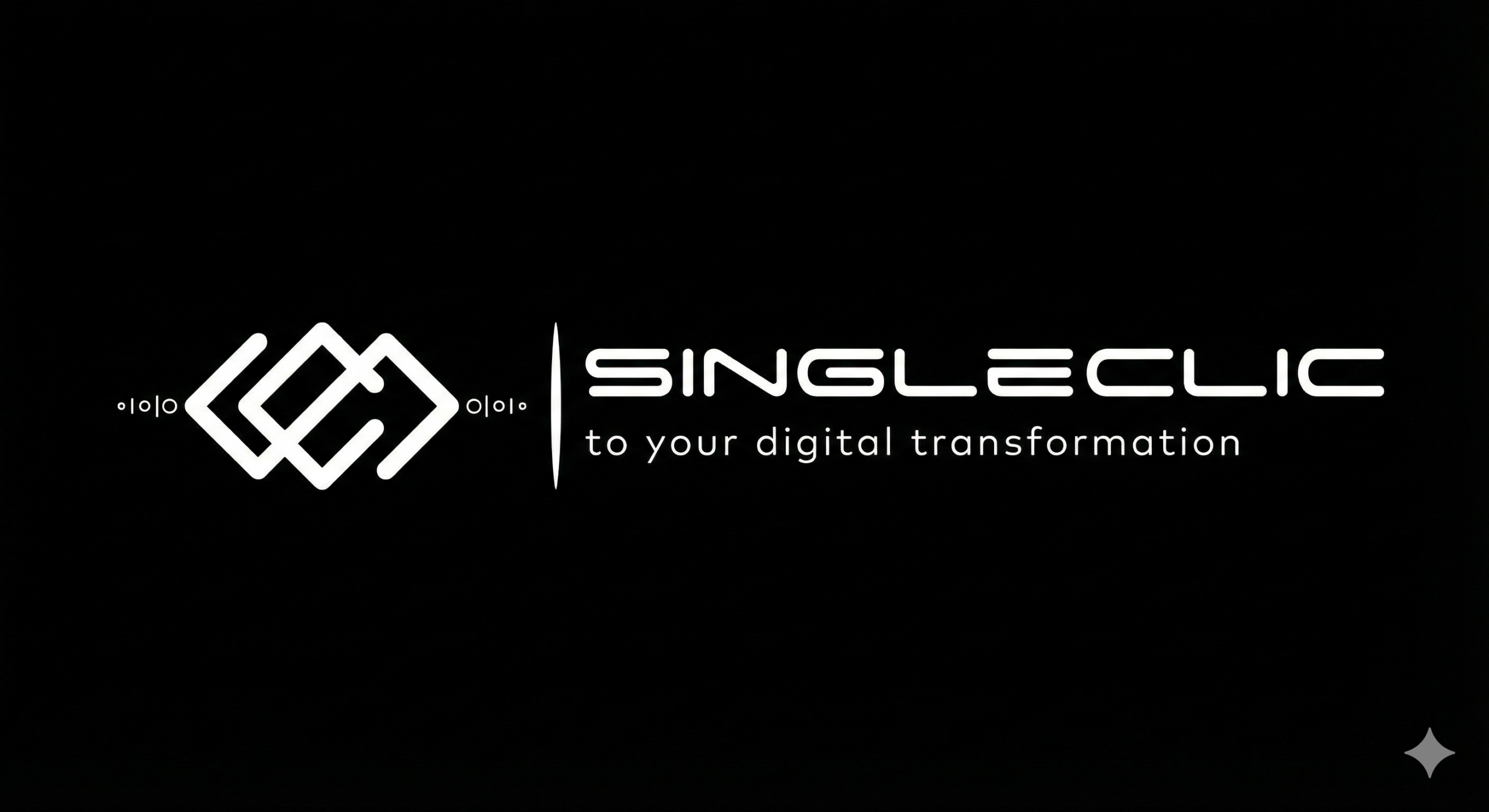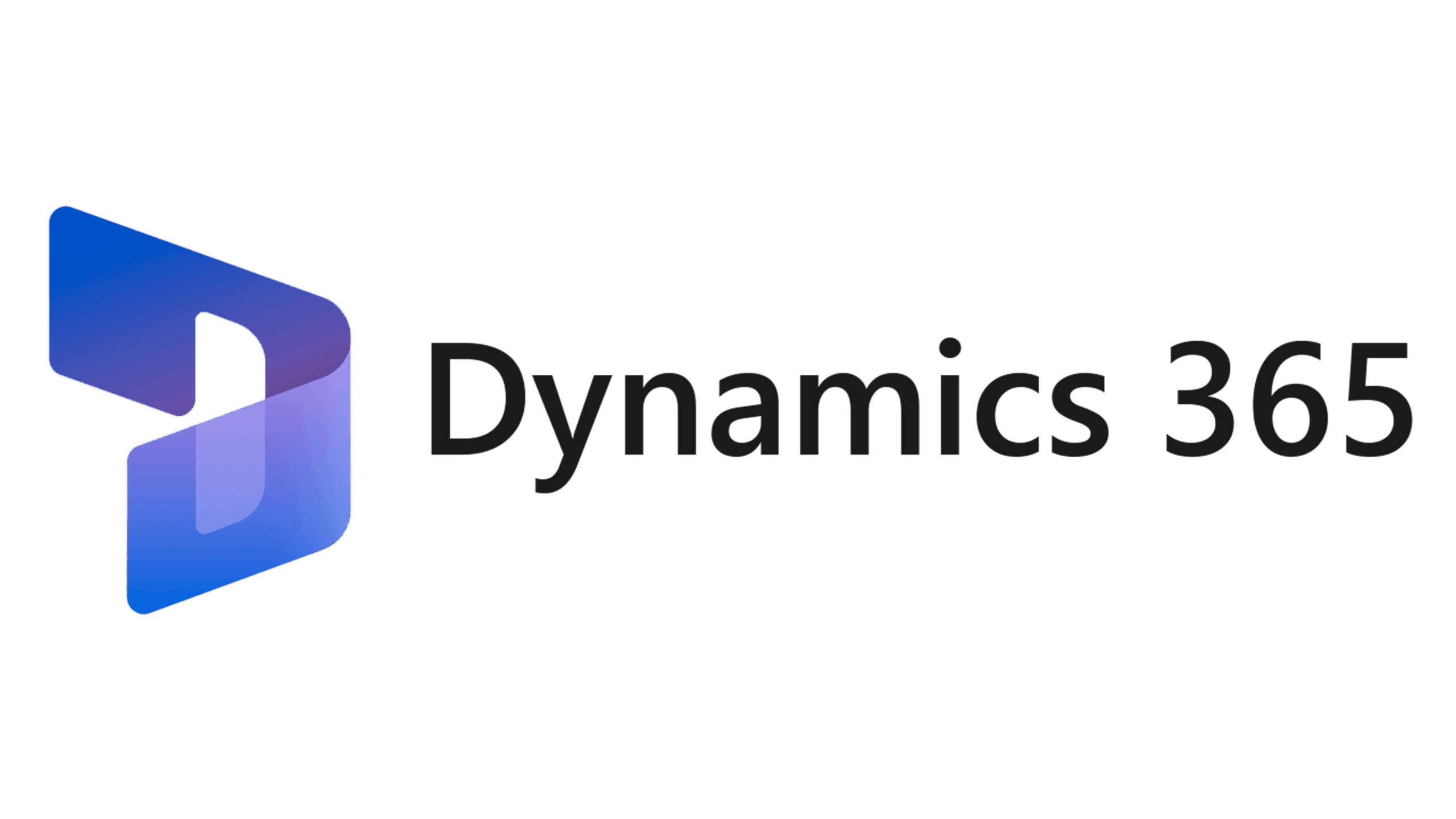Customer Relationship Management (CRM) solutions stand out as powerful tools for businesses eager to develop closer ties with their clients, drive higher sales, and organize daily tasks more smoothly. In the Kingdom of Saudi Arabia (KSA), many enterprises are looking for software that respects local nuances while simplifying critical operations. If you want to empower your sales teams and improve customer retention, picking the best CRM software in Saudi Arabia matters.
“A well-chosen CRM doesn’t just store data—it helps businesses connect with their market in meaningful ways,” says Tamer Badr, owner of Singleclic. “Saudi Arabia’s fast-growing market calls for tools designed to handle unique demands, from language flexibility to robust sales workflows.”
This article delves into core CRM features, highlights reasons to invest in specialized local solutions, and outlines potential drawbacks. By the end, you’ll have a better sense of which CRM might fit your enterprise in KSA—and why.
Introduction
Saudi Arabia’s economy thrives on innovation and high customer expectations. Whether you operate a budding SME or a well-established conglomerate, the right CRM plays a major role in organizing leads, tracking interactions, and personalizing campaigns. Without a system that centralizes data, you risk losing track of communication threads and missing out on sales opportunities.
A well-designed CRM addresses these hurdles by automating tasks such as follow-ups, lead scoring, and pipeline forecasting. These improvements free employees for strategic tasks and informed decision-making. But in Saudi Arabia, there’s also a local dynamic to consider, such as bilingual interfaces (Arabic/English), region-specific payment gateways, and compliance guidelines.
People Are Always Asking
- “Is a local CRM crucial for Saudi businesses?”
- Local solutions often come pre-integrated with relevant features like Arabic language support and region-specific documentation.
- “Will I need a big IT department?”
- Many modern CRMs, including cloud-based ones, require minimal in-house maintenance and rely on vendor updates.
- “Can CRMs handle the bilingual environment?”
- Yes, many tools in KSA offer Arabic and English interfaces. Always confirm multi-language options with your chosen provider.
- “Does CRM support local payment gateways?”
- Some solutions integrate easily with region-specific payment systems; check vendor compatibility before committing.
- “Is there a cost-effective CRM that still packs advanced features?”
- Absolutely. A range of solutions cater to small or mid-sized companies. You just need to compare functionalities carefully.
These questions underscore real concerns among Saudi enterprises exploring CRM adoption.
Core Features to Look For in KSA’s Best CRM
- Arabic Language Support
- User interfaces in Arabic matter for employees more comfortable with their native tongue.
- Localization ensures your CRM suits day-to-day tasks in the region.
- Lead and Opportunity Management
- Features that let you track potential deals across each stage: from initial contact to final sale.
- Automating lead scoring or funnel progression saves time and clarifies priorities.
- Integration with Local Payment and Communication Tools
- E-payment solutions or SMS services often have region-specific protocols.
- The best CRMs allow you to connect these seamlessly for faster billing, notifications, or support tickets.
- Analytics and Reporting
- Built-in dashboards highlight sales funnel health, staff performance, and revenue forecasts.
- Real-time analytics help identify bottlenecks or new opportunities quickly.
- Mobile Accessibility
- Saudi Arabia has a high smartphone adoption rate, so on-the-go CRM access is critical.
- Sales reps can update deal statuses or check client data wherever they are.
- Scalability
- As your customer base grows, your CRM must accommodate more data and users.
- Clarify with the vendor if your current plan can expand without hidden costs.
Tamer Badr emphasizes, “A CRM designed for Saudi enterprises respects local sales workflows, from language elements to compliance. That synergy fosters genuine productivity.”
Potential Drawbacks of CRM Software
While CRM systems streamline operations, no solution is free from challenges:
- Implementation Costs
- Some CRMs require hefty up-front fees, especially if you want advanced modules or add-ons.
- Training employees to adapt can also add to your budget.
- Complexity for Non-Tech Teams
- Overloaded dashboards or complicated workflows discourage adoption.
- Encouraging staff buy-in demands thoughtful user guidance or in-person demos.
- Vendor Lock-In
- If you invest heavily in a particular CRM, switching vendors can feel risky and costly.
- Exporting data or reconfiguring processes takes time and resources.
- Data Privacy Concerns
- With more data stored in the cloud, you must confirm the CRM’s security protocols.
- GDPR or local data regulations might require certain encryption standards or server locations.
- Feature Overlap
- Some CRMs offer an overwhelming feature set that might not be fully relevant to your business.
- Excess modules complicate usage and inflate subscription fees.
Despite these pitfalls, thorough research and consultation with providers can help you pick a system that addresses your main needs without unnecessary clutter.
Top CRM Solutions Considered in Saudi Arabia
This is a broad overview of providers that many Saudi businesses explore. Each caters to specific niches:
- HubSpot CRM
- Key Strength: Free entry-level platform, intuitive interface, and a wide range of marketing tools.
- Why Users Like It: Quick setup, extensive learning resources, plus no initial cost for basics.
- Drawback: Some advanced features or deeper Arabic support might be limited or come at a higher tier.
- Zoho CRM
- Key Strength: Modular approach with easy bundling of finance, HR, or marketing solutions.
- Why Users Like It: Decent Arabic support in some modules, flexible pricing for small to large teams.
- Drawback: Potential complexity arises if you add many modules, requiring extra staff training.
- Salesforce
- Key Strength: Highly customizable, a global leader in CRM solutions, offering deep analytics.
- Why Users Like It: Scalability suits large or fast-growing enterprises.
- Drawback: Could be overkill for small organizations, with higher licensing fees and a steeper learning curve.
- Microsoft Dynamics 365
- Key Strength: Integration with Microsoft Office ecosystem, advanced AI-driven insights, robust reporting.
- Why Users Like It: Familiar UI for companies already using Microsoft tools extensively.
- Drawback: Implementation can be time-consuming; subscription costs might climb for specialized features.
Real-World Reviews
Sahar, Retail Chain Manager
“We decided on a local CRM that supported Arabic. Our staff felt at home with the interface. The vendor’s proximity also helped with quick on-site visits and training.”
Omar, Tech Startup Founder
“At first, we tried a global CRM giant, but found the cost too high. A mid-range solution gave us everything we needed at half the price—and had Arabic dashboards.”
Fatima, Marketing Director in Jeddah
“Mobile app access was essential. Our sales reps travel a lot, so they update leads in real time. We saw a 20% drop in missed follow-ups after going live.”
Frequently Asked Questions
- Does CRM handle billing and invoices, or do I need extra software?
- Some CRMs integrate basic invoicing. For advanced billing, an ERP or specialized module could be necessary.
- What about local regulations on data hosting?
- If you handle sensitive data, confirm whether your CRM adheres to local or regional mandates (e.g., storing data in servers within KSA).
- Are on-premise CRMs still viable?
- Yes, but many prefer cloud-based solutions for simpler maintenance. On-premise suits those who need full control over data.
- Do we need dedicated IT staff for daily use?
- Typically, no. Most modern solutions require only minimal oversight. Complex customizations might warrant external or vendor help.
- Which is better for a small team: a free or premium CRM?
- That depends on your feature needs. Free tiers can work if your primary goal is contact management, but you may eventually outgrow them.
Potential Downsides to Consider
- Costs Escalation: While some CRMs start cheap, advanced features add up.
- Data Migration Headaches: Moving legacy data into a new CRM can be tedious or time-consuming.
- Staff Resistance: If employees are used to spreadsheets or older systems, they might resist new workflows.
- Ongoing Subscription: Cloud CRMs usually require monthly or yearly payments. Over time, it may exceed the cost of an on-premise license.
- Inconsistent Vendor Support: If your provider is slow to respond to queries, it can hamper daily operations.
Tip: Evaluate total cost of ownership (TCO) over several years, factoring in staff training, updates, and potential expansions.
How to Choose the Best CRM in Saudi Arabia
- Assess Your Requirements
- Identify your biggest issues. Is it lead organization, pipeline management, or post-sales support?
- Set clear goals (e.g., cut lead response time by 50%).
- Budget and Team Size
- Start with an entry-level solution if you’re a small enterprise. Larger firms can invest in more advanced modules.
- Avoid paying for features you won’t use in the near future.
- Check Local Language and Compliance
- Confirm Arabic interfaces or regionally required compliance features.
- Evaluate ease of connecting with local payment gateways or SMS integrations.
- Request a Pilot or Demo
- Let your staff test the CRM. This helps identify usability hiccups and see if it truly aligns with your workflows.
- Plan Training and Adoption
- Provide role-based sessions. Marketing might only need certain functionalities, while finance or operations need others.
- Encourage feedback to refine configurations.
“Involve your sales and marketing teams from the start. They’re the ones who’ll use the CRM daily,” urges Tamer Badr. “Their insights can make or break implementation.”
Conclusion
Finding the best CRM software in Saudi Arabia can elevate your brand’s standing, ensure quicker lead follow-ups, and enhance customer relationships. Yet, with the market brimming with various offerings—ranging from global giants to homegrown solutions—narrowing your options takes careful consideration. A solution that balances advanced functionalities with user-friendly design often works best, especially when it addresses language needs, local compliance, and region-specific integration challenges.
“Our goal is to give businesses in KSA a CRM that speaks their language—literally and figuratively,” says Tamer Badr. “That’s how you boost team productivity and deliver real value.”
Regardless of your company’s size, a well-chosen CRM helps unify data, speed up sales, and keep customers happier. By recognizing potential drawbacks—like costs, vendor lock-in, or complexity—and preparing accordingly, you’ll pave a smoother path toward successful CRM adoption. Ultimately, investing in a specialized CRM solution shapes a better environment for teams to thrive and for clients to feel genuinely supported, aligning perfectly with Saudi Arabia’s fast-evolving digital ambitions.









